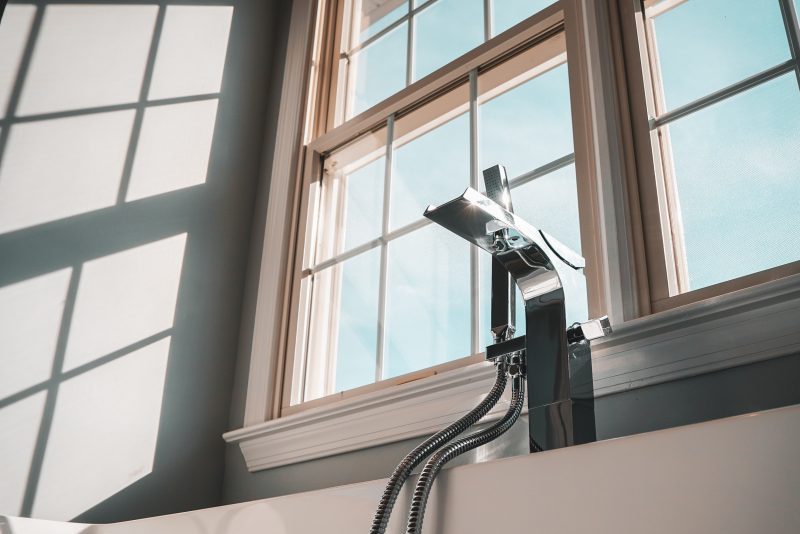How to Create a Renovation Budget
Posted: January 28th, 2020
So, you’ve decided it’s time to renovate your house. Perhaps you are sprucing up the walls with a fresh lick of paint. Maybe you are going to completely re-do your bathroom. Or you might have just bought a fixer-upper with plans to overhaul the whole interior. However big or small your renovation is, you’ll need a watertight budget to guide the project to completion.
1. Renovating for sale or lifestyle?
Depending on whether you are renovating with intent to sell, or if you updating to accommodating for a change in lifestyle, there are a few things to keep in mind. If renovating for sale, you will need to meticulously calculate whether the areas you intend to work on will bring a sufficient return on investment. When making these decisions, it can be incredibly helpful to talk to a real estate agent who is familiar with the market and location of your home.
When renovating for increased livability, choose updates that will have the biggest impact in your home, lifestyle and family. Adding an extra bedroom will give children who currently share more personal space. While adding a deck will dramatically increase outdoor living space for those who love to entertain.
2. Creating a budget
Once you’ve decided on the scale of your renovation, it’s time to start working on your budget. When creating a budget, it is important to be reasonable and realistic when estimating the cost of different areas and expenses in your project. Giving yourself a healthy budget initially will make it easier to ensure your renovation remains inside the financial scope. Think about how long you expect the renovation to take. Are there any permits you need to apply for? Will you need professional help or are you planning to DIY the whole renovation yourself?
Now that you’ve outlined the scope of the project, you can start diving into the details. Try to predict the tools and supplies that you’ll need. Consider asking friends to borrow various tools or look for good value second-hand options. If you are DIYing a large chunk of the project, consider whether you need to take time off work and factor this into the budget as well.
If you are planning to outsource any areas to a professional, don’t be afraid to get an array of quotes. Turn to trusted friends for recommendations and ensure you ask lots of questions. If anything in a quote is unclear, query it. Doing so will reduce your chance of surprise hidden costs further down the track.
Once your budget is complete, and you have a firm idea of how much your renovation should cost, it’s a good idea to set aside an additional sum of money to cover any budget blowouts, should they occur. 10% of the original figure, is generally the recommended amount.
3. Execution
As you begin breaking ground on the renovation, remember to constantly refer back to your budget. Make note of every actual cost, compared to the budgeted cost and try to avoid impulse spending and purchases. Doing so will mean you are less likely to exceed the budget without even realising you have.
To receive a free home renovation budget template in your inbox sign up to our newsletter below. Happy renovating!
